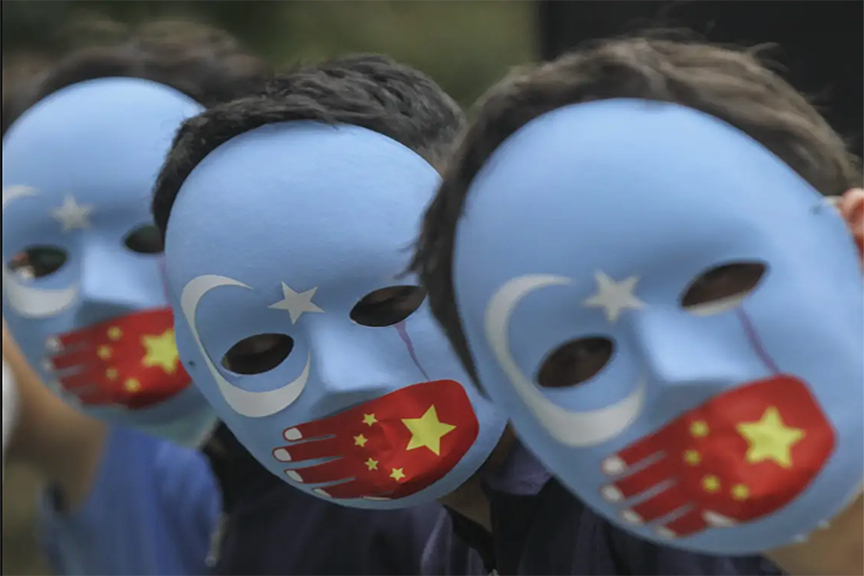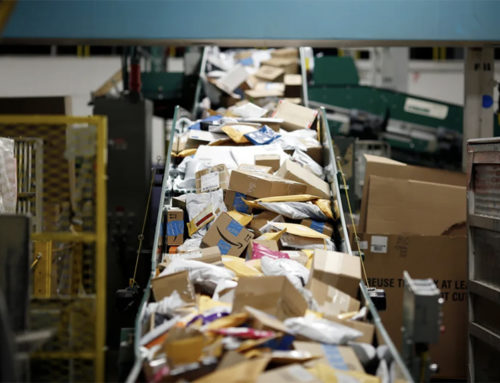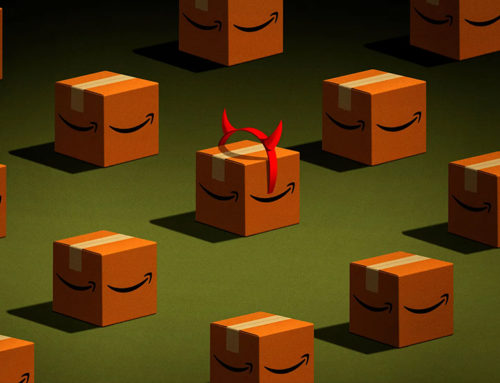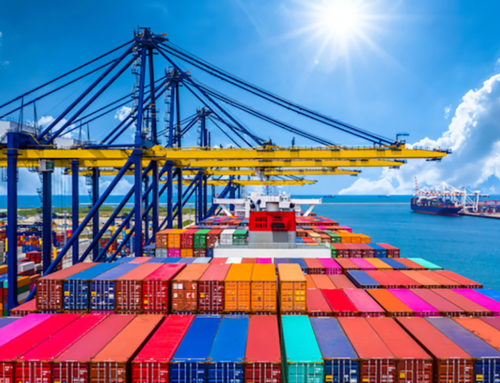Amazon has come under scrutiny due to its continued association with Chinese suppliers linked to forced labor in the Xinjiang region, particularly among the Uyghur population. This troubling revelation raises significant questions about Amazon’s commitment to ethical sourcing and adherence to its supply chain standards and to why the US can’t, or won’t, hold Amazon accountable.
The Tech Transparency Project (TTP) formerly reported that Amazon’s list of suppliers included five companies with direct or indirect links to forced labor involving the Uyghur community. Three of these suppliers, Luxshare Precision Industry, AcBel Polytech, and Lens Technology, were accused of directly employing forced labor. Two others, GoerTek and Hefei BOE Optoelectronics, had been supplied with products created through forced labor.
It is worth noting that Amazon’s own supply chain standards explicitly state that the company does not tolerate suppliers that exploit workers through coercion, abduction, or fraud. Despite these standards, the connections between Amazon’s suppliers, wide range of product listings available on their platform and Uyghur forced labor were public knowledge, even before Amazon’s supplier list updates as far back as June 2021.
A particularly concerning case is Amazon’s documented supply relationship with Esquel Group, a company noted as being associated with forced labor practices. This relationship continued, even after the U.S. imposed sanctions on an Esquel subsidiary for its use of forced labor, much the same way Ninestar products continue to sell today on Amazon after a US ban. This raises more questions about Amazon’s due diligence in vetting its supplier relationships.
Forced labor among Uyghurs often takes place under the guise of “labor transfer programs,” which relocate workers from the Xinjiang Uyghur Autonomous Region to factories across China. Experts explain that these programs are coercive and closely tied to a network of mass internment and reeducation camps. It has been shown, Uyghur laborers are not allowed to leave the factory facilities or return home voluntarily. They are slaves to the manufacturer.
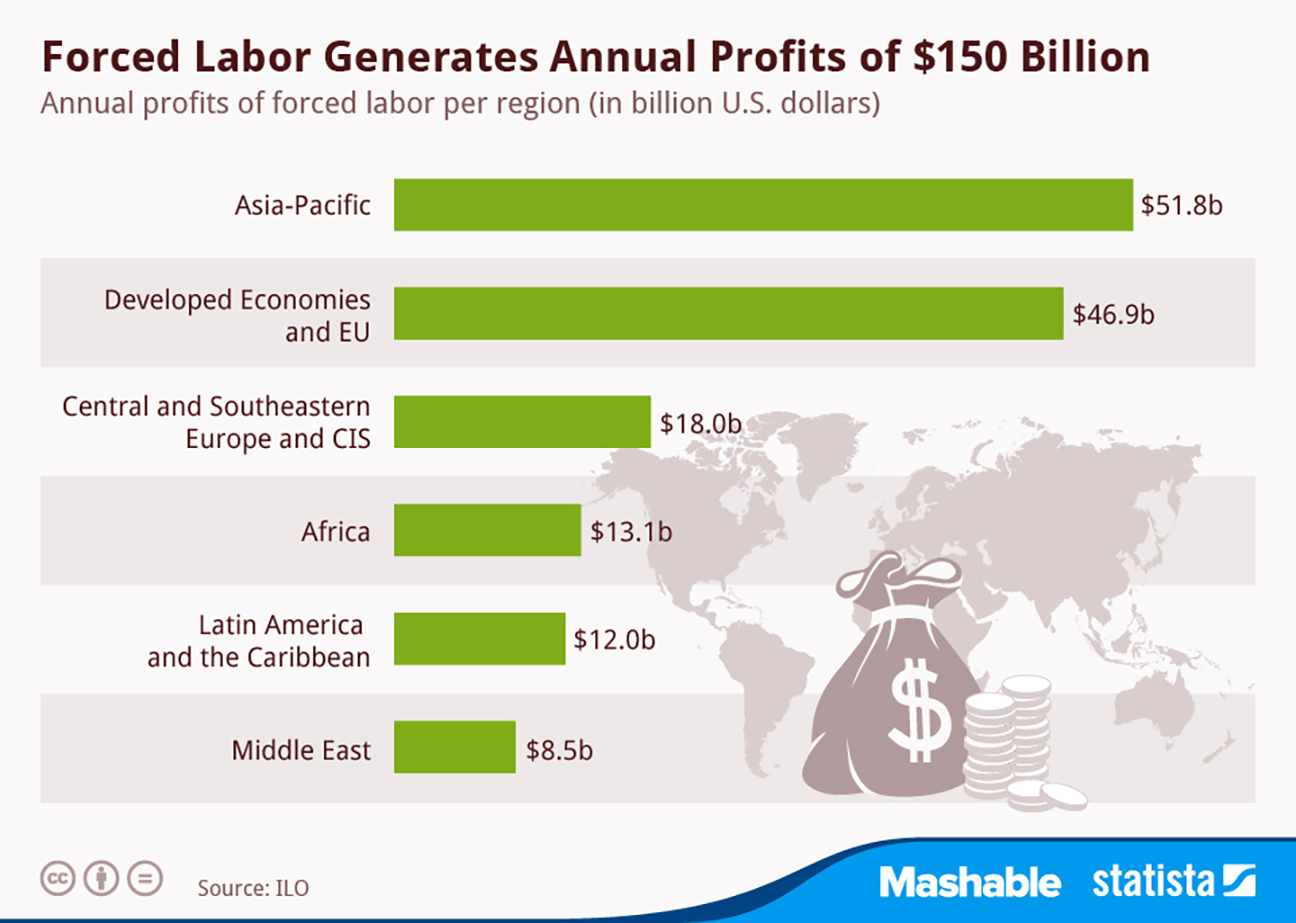
Three of Amazon’s suppliers—Luxshare Precision Industry, AcBel Polytech, and Lens Technology, have been reported to use forced labor directly. GoerTek and Hefei BOE Optoelectronics, in a diversion tactic, source products from factories implicated in forced labor, sparing the finger from being pointed directly at them for forced labor manufacturing on site.
These revelations become more pressing for Amazon in light of the Uyghur Forced Labor Prevention Act, which directs U.S. Customs and Border Protection to presume that goods produced in Xinjiang are tainted by forced labor. This presumption can only be disproven by importing companies providing evidence of their own due diligence in ensuring the absence of forced labor in their supply chains.
The U.S. Department of Commerce’s Bureau of Industry and Security has added several Chinese companies, implicated in human rights violations and abuses, to the Entity List. This action places new restrictions on these companies’ access to U.S.-origin items, including commodities and technology. These measures are aimed at preventing the use of American goods and technologies in the repression of Muslim minority populations, including Uyghurs. In addition, entities engaged in genetic analyses used to further the repression of Uyghurs and other Muslim minorities in Xinjiang have also been added to the Entity List. These entities include Xinjiang Silk Road BGI and Beijing Liuhe BGI, as seen on Amazon’s sales platform.
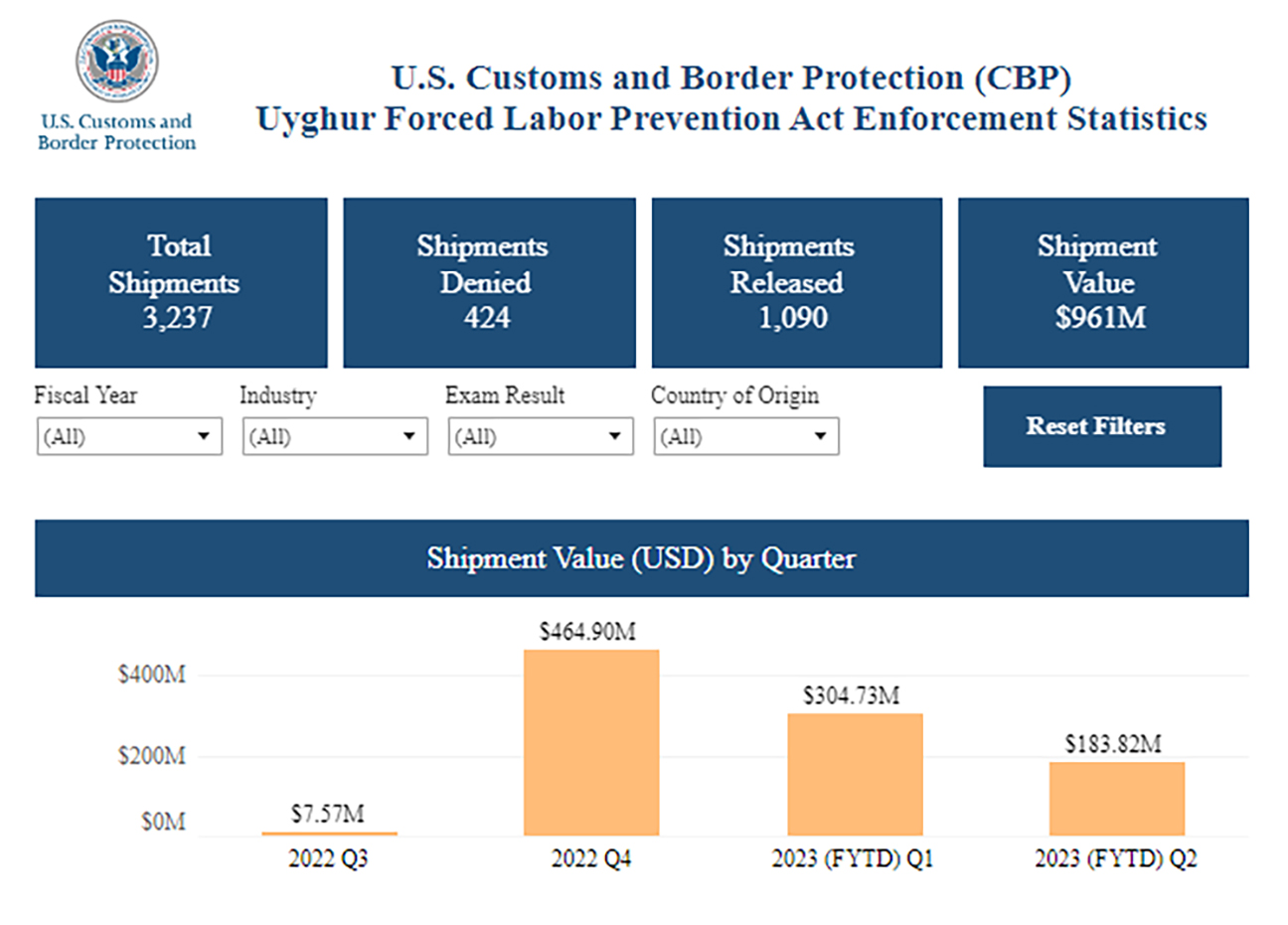
A big problem with Border Patrol and Customs checks is that small items, like offending ink cartridges, shipped from China to the United States often avoid customs and border checks due to their size and low dollar value. In recent news, NineStar, the producer of numerous third-party ink cartridges, continues to sell and deliver infringing products through Amazon even after being banned from sale or distribution in the US due to labor infractions. Their products flow into US borders unchecked, under made-up brand names, stemming directly from forced labor factories and entering the US by way of sales through Amazon, who seemingly denies any participation in the process.
The question that remains is how Amazon, a global e-commerce giant, will address these concerns and comply with its supply chain conforming to it’s stated ethical principles. The exposure of forced labor links in its supplier list calls for a more comprehensive and rigorous approach to vetting and monitoring its suppliers, particularly those with ties to the Xinjiang region. What’s more, a simple product search on the Amazon platform will show offending products in literally every single category.

